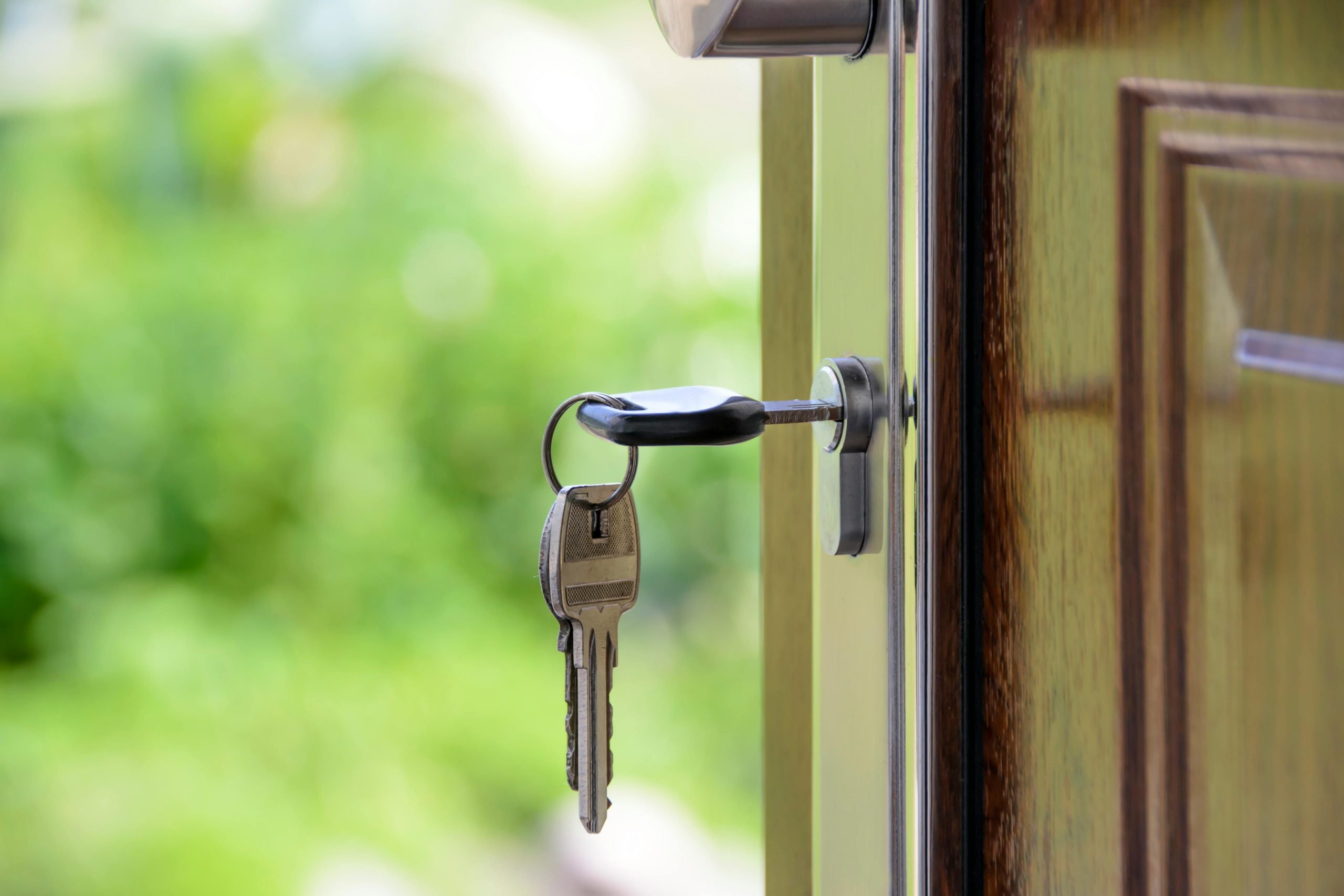Understanding Vehicle Damage and Insurance Options: A Case Study from a Michigan Driveway
In our daily lives, unforeseen accidents can happen at any moment, even right in our own driveways. Recently, a situation unfolded that highlights important considerations for vehicle owners regarding fault, insurance coverage, and financial impacts.
A 2017 Ford Expedition, parked on my property, was involved in a minor collision with a family member’s older truck. The other vehicle, a 1974 Ford F100 project truck driven by my partner’s son, was parked uphill from my SUV. After exiting his vehicle, he closed the door, which unexpectedly popped out of gear and began rolling backward, striking the front corner of my Expedition.
The incident was captured on security cameras, confirming he had just exited the truck. The resulting damage to my vehicle includes a flat tire, bumper, headlight, and possibly more, given the aftermarket modifications such as wheels, tires, lift kit, and suspension components. The estimated repair cost exceeds $12,000, and my vehicle is fully paid off, insured with broad coverage featuring a $1,000 deductible.
The other vehicle sustained only minor scratches, and it is insured and registered. Given the circumstances, I am questioning where the liability lies. Is it solely my son’s fault for exiting the vehicle and allowing it to roll away? Or could homeowners insurance, since the damage occurred on my property, come into play? Could this be classified as an act of nature or an unforeseen event?
From a financial perspective, I am concerned about the long-term implications of filing a claim. With prior insurance history—this being his third at-fault incident since age 16 and the second this year—additional claims might affect his insurance premiums. I also have reservations about filing with homeowners insurance due to potential rate increases, especially after a costly ice dam claim five years ago.
While I could opt to repair the Expedition to a safe, roadworthy condition, it would likely be a basic fix rather than a professional restoration. Ultimately, I wanted to preserve the vehicle’s value for a few more years, but now it might be relegated to a “good enough” project car.
This experience underscores the complexities vehicle owners face when accidents occur on private property. Determining fault, navigating insurance options, and managing repair costs require careful consideration. It’s always advisable to consult with your insurance provider and understand your coverage terms before pursuing a claim. Proper planning and awareness can help mitigate financial surprises and protect your assets



